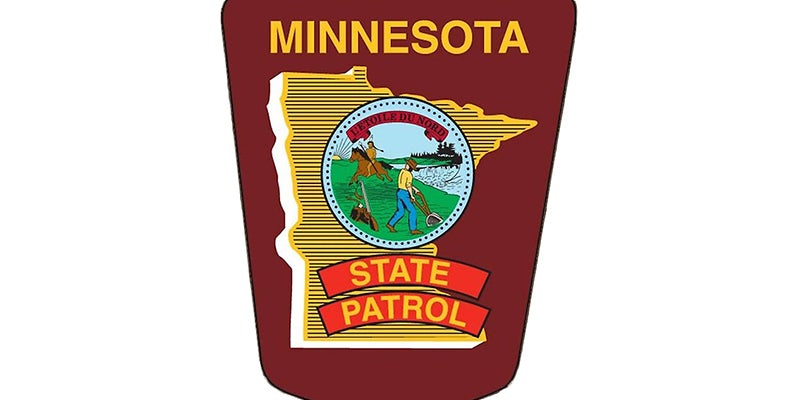Others’ opinion: Freshen up the stagnant U.S. health care debate
Published 10:11 am Saturday, September 7, 2019
A timely reminder as battles over health care take center stage in the run-up to the 2020 election: The U.S. already has government-run health care programs in place, and Americans overwhelmingly approve of the two largest.
That’s an important reality for voters to keep in mind as a familiar fight shapes up between Republicans and Democrats over the government’s role in expanding access to health care. It’s a legitimate question, but nuanced, informed answers remain in short supply almost a decade after the Affordable Care Act’s passage.
Too often, the law’s critics simplistically contend that any government role in health care is bad and would put bureaucrats in the exam room with patients. Fortunately, the respected Kaiser Family Foundation has released survey results that provide valuable context and hopefully, will move the stagnant health care debate forward.
The California-based nonprofit regularly commissions polls on health care. A recent survey worked a bit like the J.D. Power ratings that gather info from car buyers about quality and satisfaction. In it, Kaiser queried Americans about four key ways to access coverage: employer-provided health insurance, private insurance plans purchased individually, Medicare and Medicaid.
The last two are large, publicly run and publicly funded programs that, combined, serve about 137 million Americans. Medicare is generally for those 65 and up, while Medicaid serves the poor, the disabled and those in need of long-term care.
Medicare easily outdistanced the other three coverage options in popular approval, garnering an 82 percent favorability rating among the general public. Employer-provided coverage and Medicaid came in at 76 percent and 75 percent, respectively. Individually purchased plans lagged behind at 60 percent.
Kaiser also broke down the results across political lines. Favorability for the program topped 80 percent for Democrats, Republicans and those with no party affiliation. Intriguingly, GOP support for the program lagged Democrats’ by only one percentage point. Medicaid also enjoyed strong support across party lines. So did employer-sponsored coverage. Of Democrats surveyed, 68 percent had a favorable view of insurance provided through jobs. That number rose to 77 percent among Independents and 91 percent among Republicans.
The Kaiser findings should help voters ask fresh questions as candidates hit the campaign trail. A suggested inquiry for Republicans: If Medicare and Medicaid have broad support, why shouldn’t the nation consider allowing more Americans to participate? Democrats have proposed a voluntary buy-in or a far more expansive “Medicare for All” approach that would enroll everyone in it.
Voters should push Democrats about employer-provided coverage’s popularity. Some candidates have pushed Medicare for All and have taken a “my way or the highway” approach. How will this work or generate support when so many people like the coverage they get through their jobs?
The Kaiser survey hints at a policy sweet spot: “Nearly two-thirds of the public (65 percent) favor having a government-administered health plan that would compete with private health insurance plans and be available” to all who want it.
This so-called “public option” would be an incremental but pragmatic step to improve access and affordability. Support for it appears to be a pre-existing condition — a good thing in this health care setting. It’s time to hear much more about this potential patch of health care common ground.




